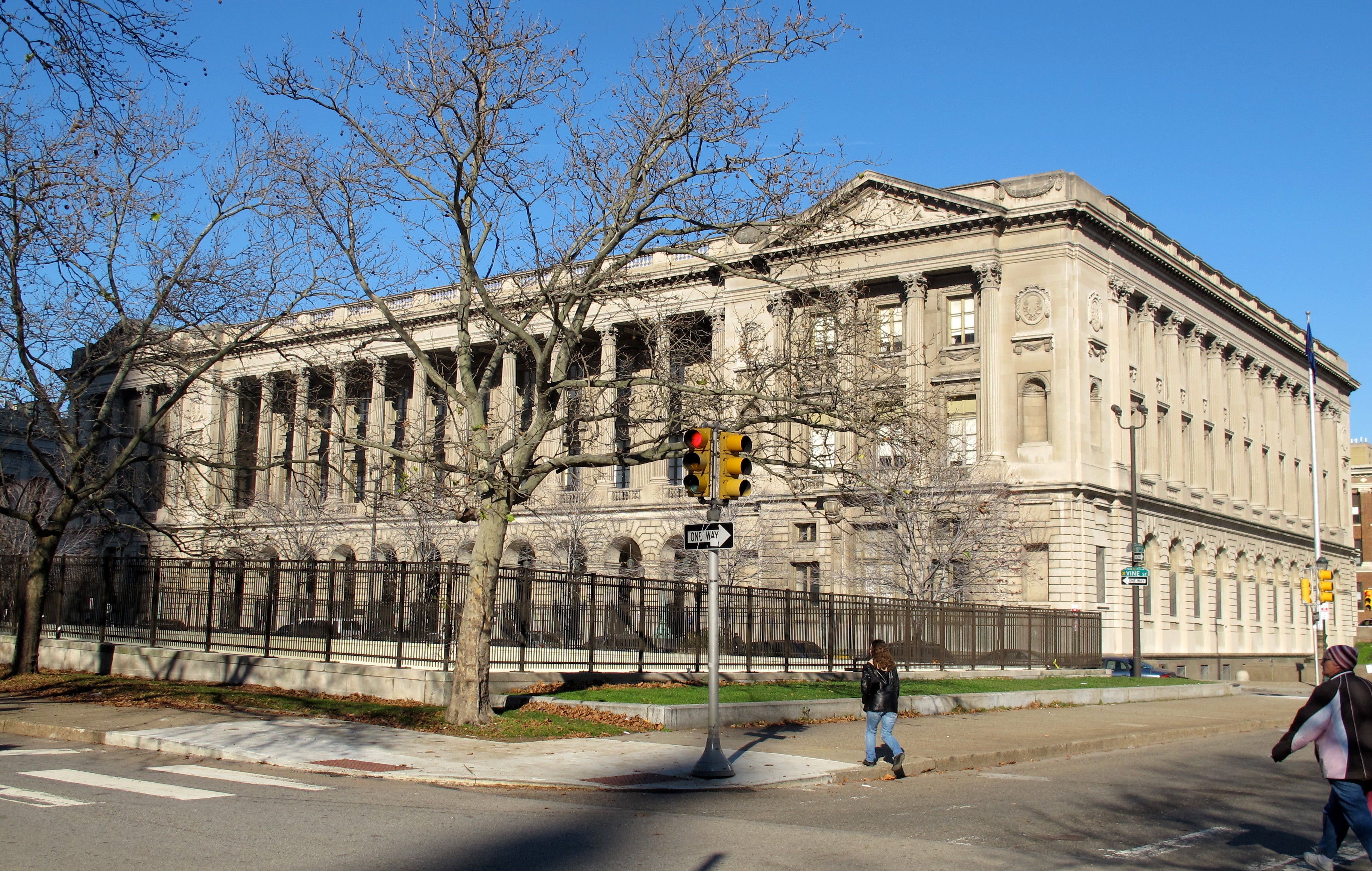February 2, 2017: The case for data to HUD l Impact of urban parks l Developer gets tax-credit approval for Family Court building

The positive impacts of urban parks corralled mayors from both parties to collectively write a letter to the Trump transition team calling for parks to be prioritized among its infrastructure plans. As the definition of mixed-use infrastructure, urban parks have been able to leverage public funds with private capital, document health benefits, and build environmental resilience to flooding. And guess who’s recognized as a “remarkable outcome?” Philadelphia’s Green City, Clean Waters!
Peebles Corp.’s renovation plan for the former Family Court building takes a big step forward with tax-credit approval. With the National Park Service’s approval, the developer now knows how much private investment it needs to finance the hotel project. Jacob Adelman goes over the tax-credit that can knock millions off Peebles’ development costs.
Pittsburgh Controller Michael Lamb urges Mayor Bill Peduto demand access to Uber’s data, arguing that the city has given Uber “an opportunity to collect a lot of data” and should retain partial ownership of that information. The mayor’s office agrees that data from Uber vehicles could help the city study traffic patterns.
As American cities grow as economic hubs and more of us convert to urban living, traffic and highway costs become an increasingly large problem. Urban planners call for locating more housing closer to the urban cores, high-frequency transit lines, and dense suburban job centers as a low-cost solution.
ULI recently hosted a panel discussion on the role historic properties play in Philadelphia’s development boom. Jared Brey covers the discussion over preservation projects’ aesthetic value, sense of place, environmental benefits, and potential as an economic driver.
Data is again the hot topic for the new administration, this time HUD. Philly.com looks into the repercussions of the Local Zoning Decisions Protection Act of 2017, which aims to abolish the original foundation of the Fair Housing Act by blocking federal funding for a geospatial database. Zach Gibson discusses the role of data in finding patterns of racial disparities and creating evidence-based policy.
WHYY is your source for fact-based, in-depth journalism and information. As a nonprofit organization, we rely on financial support from readers like you. Please give today.







